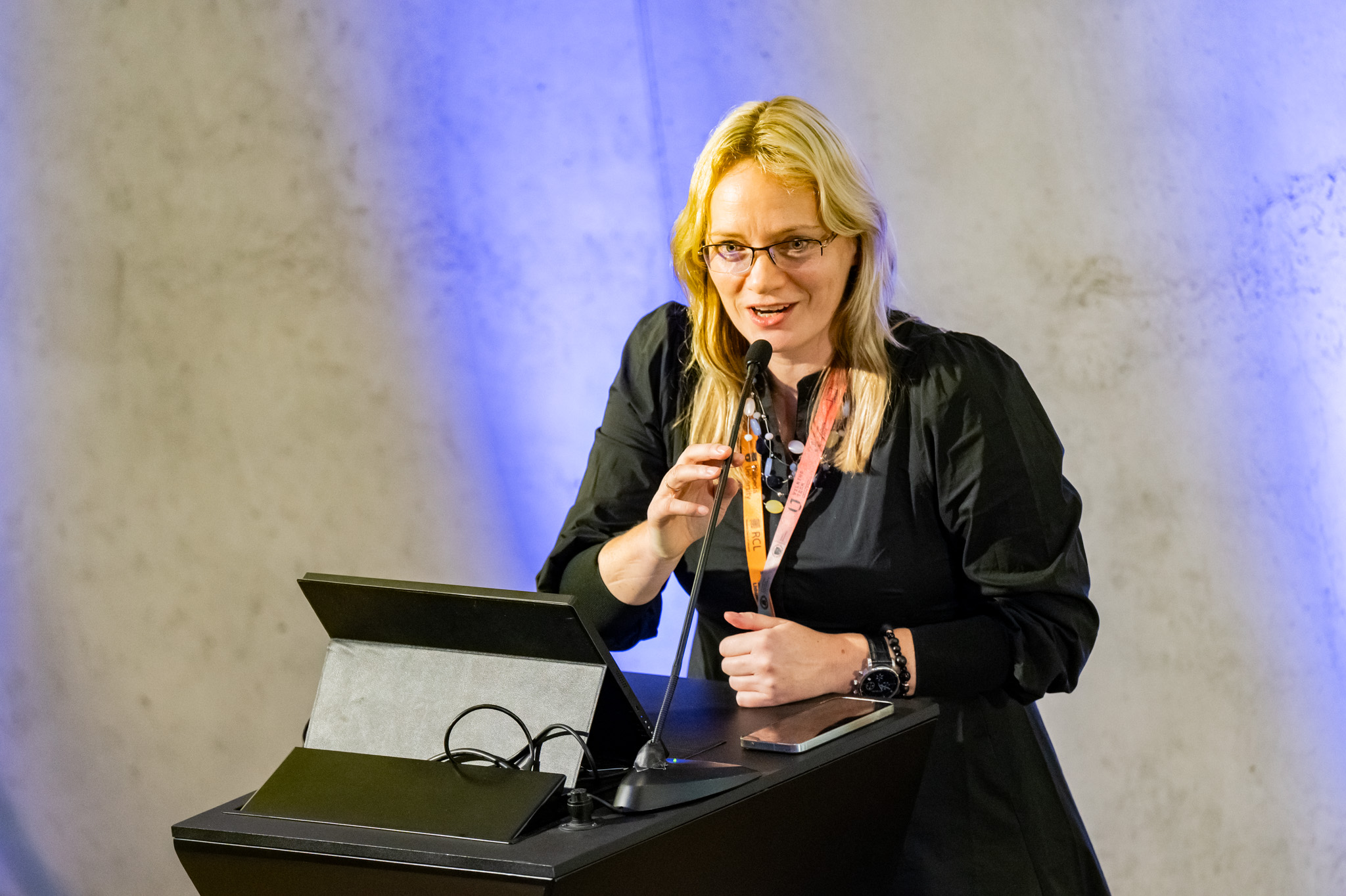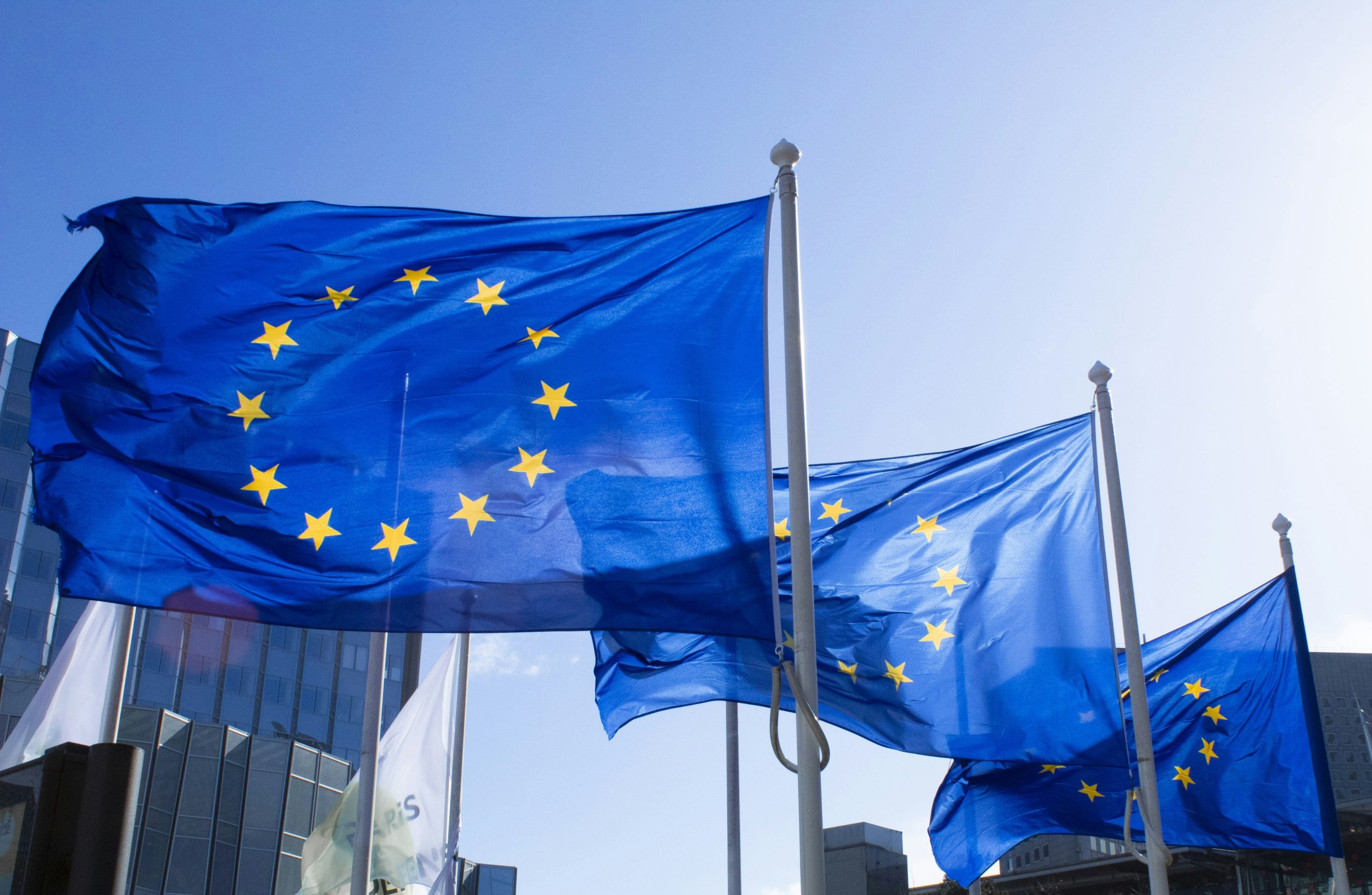Researchers from Vytautas Magnus University (VMU) and Vilnius University (VU) are launching a new scientific study aimed at thoroughly examining the development of the Lithuanian diaspora in the United States and the United Kingdom, its evolving identity, and its involvement in preserving Lithuanian heritage after 1990. The project, “Changes in the Lithuanian Diaspora in the US and the UK and its Involvement in the Preservation of Lithuanian Identity and Relations with Lithuania over the Last 30 Years,” will run for more than three years as part of the Lithuanian Research Council’s 2025–2030 Lithuanian Studies Priority Programme.
The Aim of the Study – Understanding the Face of the Contemporary Diaspora
The research carried out at VMU’s Vytautas Kavolis Transdisciplinary Research Institute seeks to explore how Lithuanians who emigrated to the US and the UK after the restoration of independence – as well as their children and grandchildren – contribute to preserving Lithuanian identity, maintain connections with Lithuania, and participate in the country’s life.
The study will compare the involvement of different migration waves of Lithuanian communities in the US and the UK in preserving Lithuanian identity and their motivations for maintaining ties with Lithuania. It will analyze how they provide material and social remittances, and how these practices manifest. Differences between first- and second-generation Lithuanians who emigrated after independence will also be examined to reveal the impact of generational change on diaspora ties with the homeland. In addition, the study will identify how migration contexts, broader migration processes, and other factors influence changes in diaspora identity and structure, engagement in communities, and transnational remittance practices. The role of Lithuanian media and social media in forming diaspora communities, shaping transnational Lithuanian identity, and maintaining ties with Lithuania will also be explored.
Importance for Lithuania
The diaspora is an integral part of Lithuanian society and continues to have a significant impact on the country’s well-being through material and social remittances, the development of economic and other forms of cooperation with foreign partners, and other contributions. The project’s research on Lithuanians who left for the US and the UK after the restoration of independence – representing different emigrant generations – will help deepen understanding of this part of Lithuanian society, symbolically bring it closer to Lithuanians living in the country, and strengthen the implementation of the “Global Lithuania” concept. By analyzing migrants’ contributions through the lens of material and social remittances, the study will reveal their role in Lithuania’s development and encourage further connection with the homeland.
The study will also contribute to the understanding and preservation of Lithuania’s cultural and national heritage within the US and UK Lithuanian diasporas, revealing aspects of Lithuanian cultural identity, ways and forms of maintaining Lithuanian identity, and cultural transformations within emigrant communities. This will help integrate diaspora perspectives into national self-awareness and encourage sustained ties with Lithuania.
Finally, the findings will provide valuable insights for government institutions and non-governmental organizations seeking to engage emigrant communities more actively in Lithuania’s political and social life and the country’s development. The study will help identify the needs and challenges of these communities and inform appropriate policy measures. The results will contribute to improving the “Global Lithuania” strategy and developing new tools tailored to this group of emigrants.
Research Results
The project will produce significant scientific contributions to the field of Lithuanian diaspora studies. A collective monograph titled “The Formation of the Lithuanian Diaspora and Its Links with Lithuania: A Comparison Across Waves and Generations” will be prepared and published by VDU Press. Five peer-reviewed scientific articles in international journals are also planned.
In 2026, VMU will host an interim national scientific seminar where project researchers will present methodological innovations and preliminary findings, followed by a final scientific-practical conference in 2028 to present the project’s conclusions and recommendations for diaspora policy makers. The project team also plans nine presentations at international migration and communication conferences and four presentations at national academic events.
An International and Transdisciplinary Research Team
The study will be carried out by researchers from VMU and VU, together with partners from the US and the UK. The project leader is Dr. Ingrida Gečienė-Janulionė, Senior Research Fellow at VU and Director of the Institute for Social Innovations.
Dr. Vytis Čiubrinskas, a professor at VMU and Southern Illinois University, and a researcher at the Vytautas Kavolis Transdisciplinary Research Institute, is also part of the team. Dr. Judith Sedaitis works at the City University of New York, where she serves as an associate professor. Dr. Laima Nevinskaitė is an associate professor at the VU Centre for Journalism and Media Research and a researcher at the Institute for Social Innovations. Dr. Violetta Parutis is a researcher at University College London and the Institute for Social and Economic Research at the University of Essex. Gražina Lukšytė is a researcher at the Institute for Social Innovations and a VU master’s student. Indra Lukošienė is a doctoral student at VMU.
Photo: Unsplash


